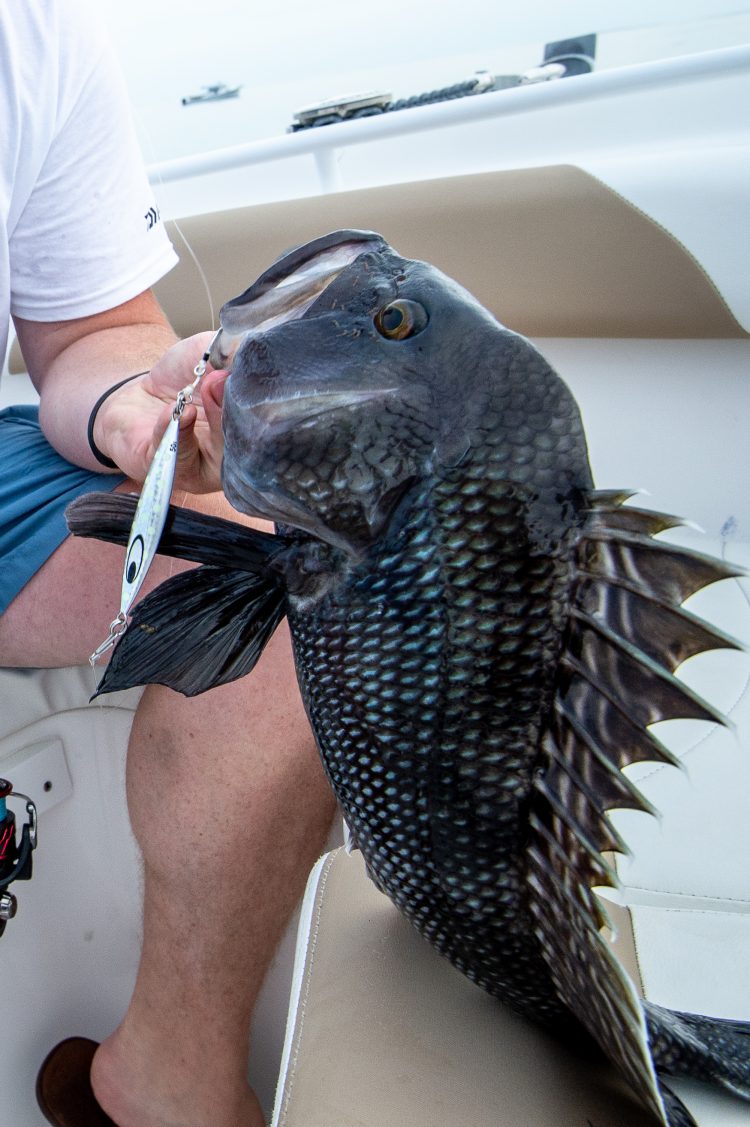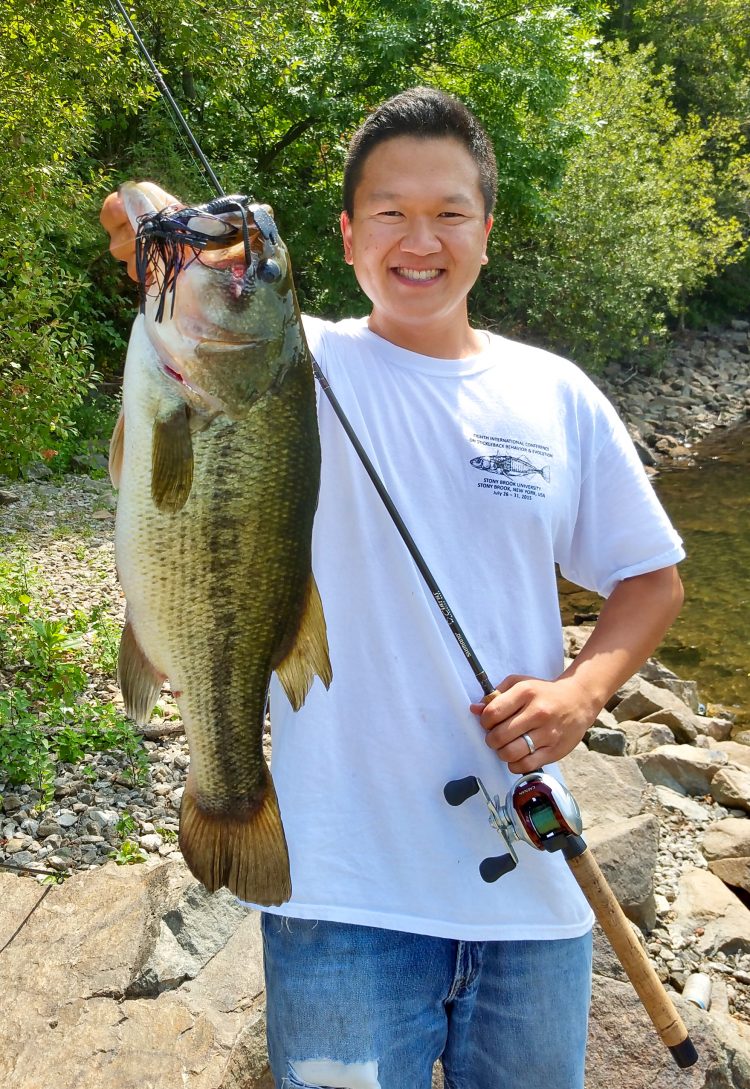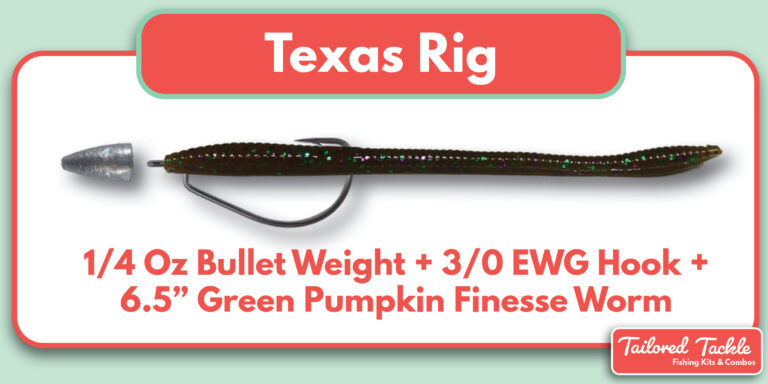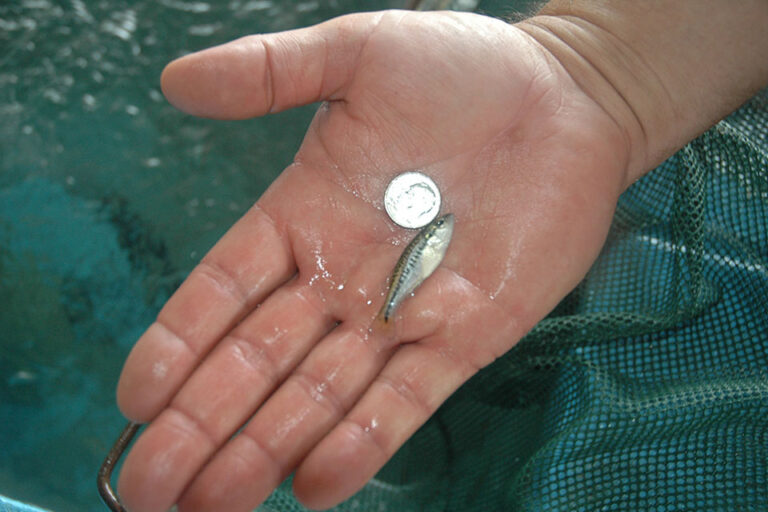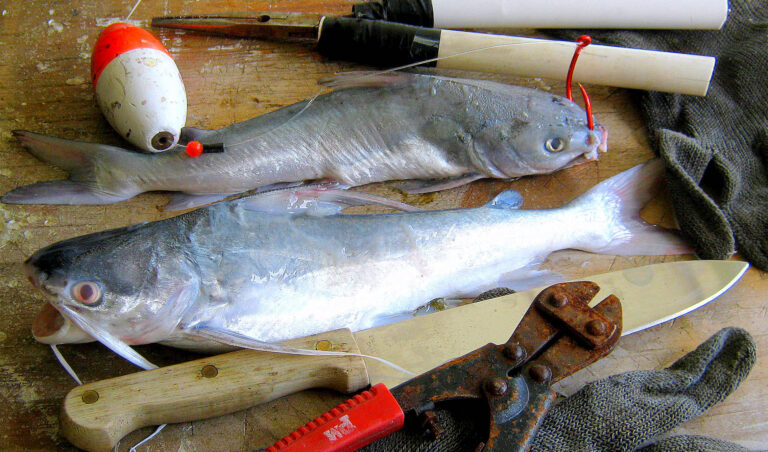How to Fish a Rattle Trap?
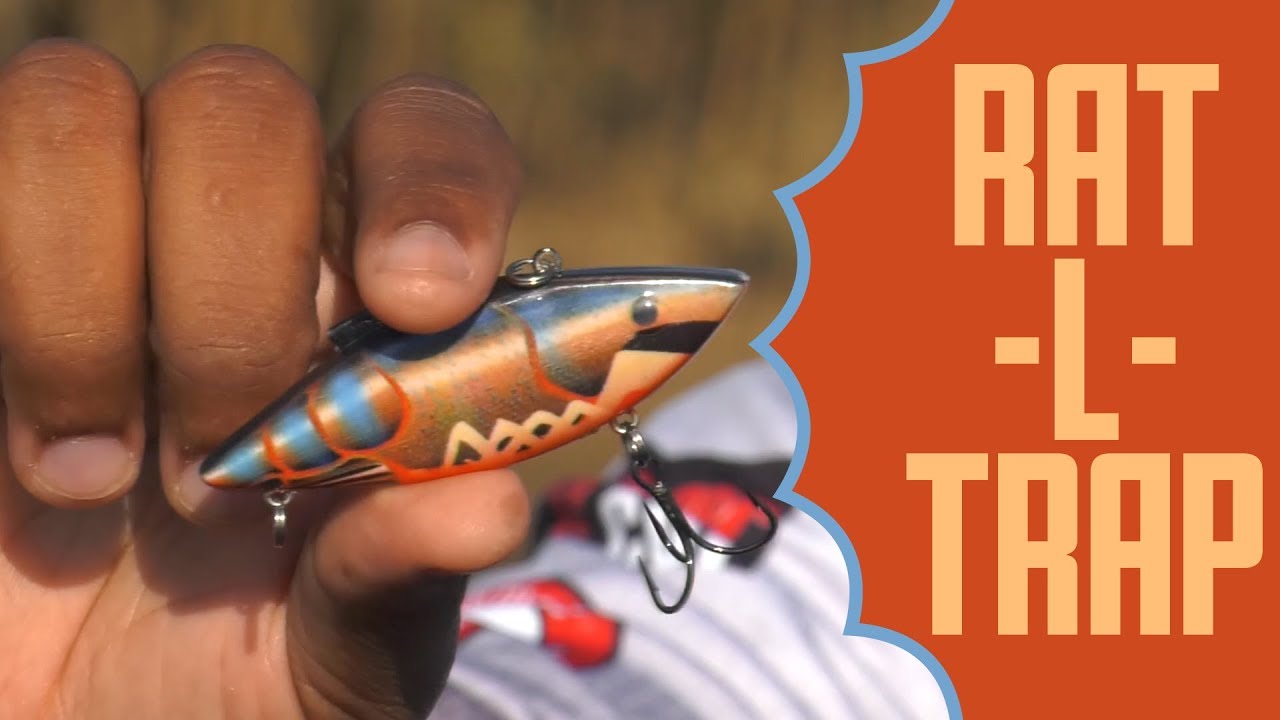
To fish a Rattle Trap, let it sink to the bottom, then lift the rod up and down to make the lure contact the bottom and a few feet above it. Retrieve the lure slowly, keeping it close to the bottom to hit rocks and structures, while occasionally using a yo-yo motion.
This technique is effective in cooler temperatures with semi-active fish. Fishing with a Rattle Trap can be a successful method for catching fish, especially when the conditions are right. Whether you are a novice angler or an experienced tournament vet, the Rattle Trap offers versatility and effectiveness.
By understanding how to fish this lure properly, you can maximize your chances of success. We will discuss the best techniques for fishing a Rattle Trap, including the popular burn technique, the yo-yo retrieve, and other effective methods. We will also explore when and where to use a Rattle Trap for the best results. So, let’s dive in and learn how to fish a Rattle Trap like a pro.

Credit: www.onthewater.com
Introduction To Fishing A Rattle Trap
What is a Rattle Trap? A rattle trap is a type of fishing lure that is designed to create noise and vibrations when in the water, attracting fish to it.
Why Fish with a Rattle Trap? Fishing with a rattle trap can be effective in attracting fish due to the noise and vibrations it creates, making it an excellent choice for catching various fish species.
Techniques For Fishing A Rattle Trap
The Straight Retrieve method for fishing a Rattle Trap involves a fast, steady retrieve, covering a lot of water. This is the most popular technique and allows the lure to mimic a fleeing baitfish. Another technique is the Retrieve-Pause-Retrieve method, where you retrieve the lure quickly and then pause for a few seconds before resuming the retrieve. This pause can often trigger strikes from fish. The Yo-Yo Retrieve involves lifting the rod up and down, letting the lure contact the bottom and several feet above the bottom. This technique is effective for cooler temperatures and semi-active fish.
Best Times And Places To Fish A Rattle Trap
The best times to fish a Rattle Trap are during the months of January, February, and March. During this time, you can cover a lot of water from the bank out to fifteen feet of water. However, you can actually throw a Rattle Trap year-round. It is especially effective in cooler temperatures with semi-active fish.
When fishing a Rattle Trap, it is important to let the lure sink to the bottom and then lift the rod up and down, allowing the lure to contact the bottom and several feet above it.
A slow retrieve is recommended, keeping the trap close to the bottom to bump off rocks and structures with the occasional yo-yo retrieve. By using these techniques, you can increase your chances of catching more fish with a Rattle Trap.
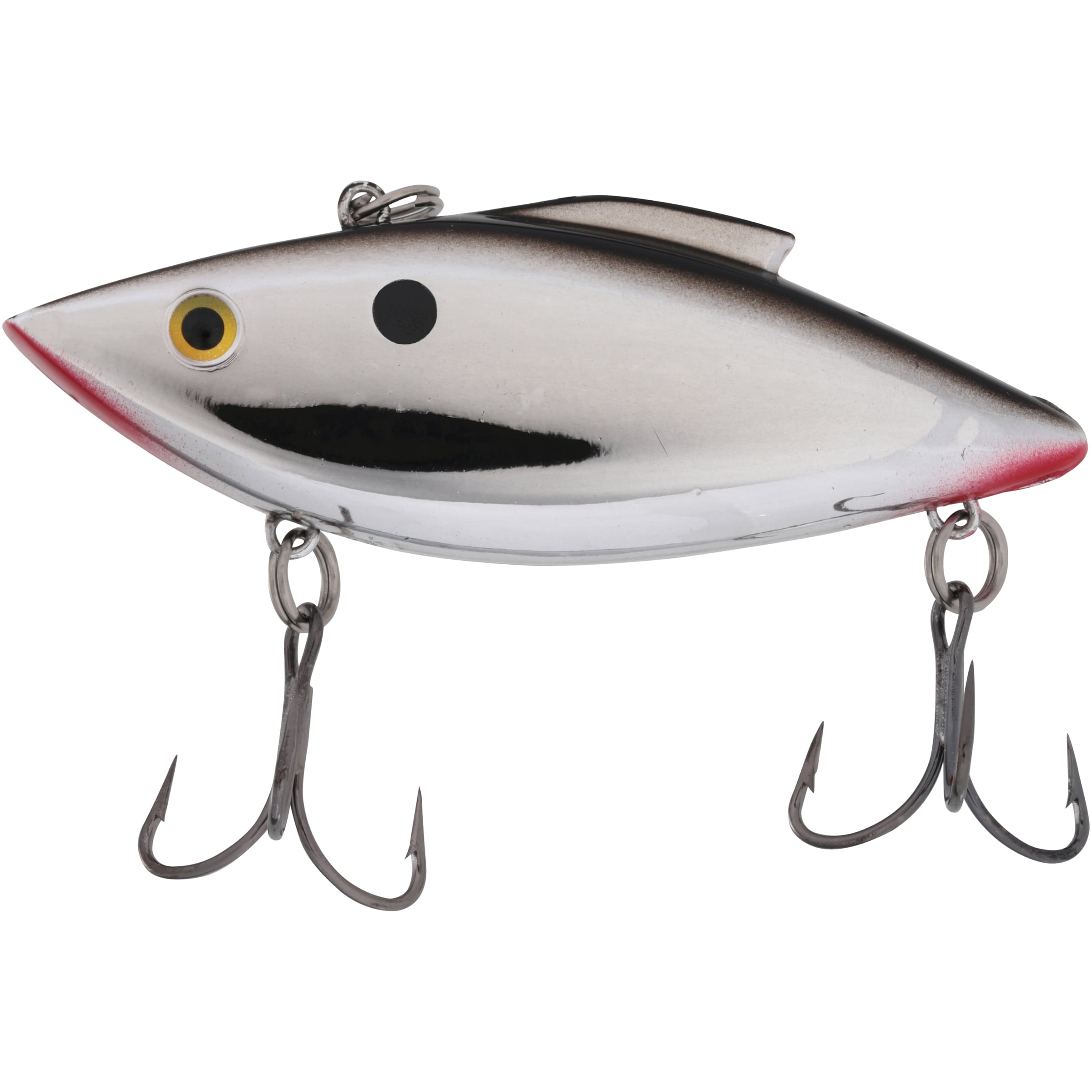
Credit: www.walmart.com
Tips And Tricks For Successful Rattle Trap Fishing
Fishing a Rattle Trap requires specific techniques for success. Lure selection and color are crucial in attracting fish. The retrieve speed should be slow, keeping the lure close to the bottom for maximum impact.
When it comes to the rod and reel set-up, choosing the right equipment is essential for optimal performance and control. It’s important to let the trap sink to the bottom before lifting the rod up and down, allowing the lure to contact different depths.
This technique is effective for cooler temperatures with semi-active fish. During January, February, and March, covering a lot of water from the bank out to fifteen feet can be fruitful.
The Rattle Trap can be used year-round, and fishing it close to hard structure with occasional yo-yoing can produce great results.
Frequently Asked Questions
What’s The Best Way To Fish A Rattletrap?
The best way to fish a rattletrap is to let it sink to the bottom, then lift the rod up and down to make the lure contact the bottom and several feet above it. Retrieve the lure slowly, keeping it close to the bottom to bump off rocks and structures, with occasional yo-yoing.
This technique is great for cooler temperatures with semi-active fish.
When Should You Throw A Rattle Trap?
To get the best results, you should throw a rattle trap during the months of January, February, and March. However, you can actually use it year-round to cover a lot of water from the bank to fifteen feet deep. It’s best to let the trap sink to the bottom, then lift the rod up and down, keeping the lure in contact with the bottom and a few feet above it.
Retrieve it slowly, close to the bottom, and occasionally yo-yo it. These techniques work well in cooler temperatures with semi-active fish.
How Deep Does A Rattle Trap Go?
A rattle trap can dive to different depths depending on the model, typically ranging from 5 to 15 feet deep.
How Do You Fish A Floating Rattle Trap?
To fish a floating rattle trap, let it sink to the bottom, then lift your rod up and down, making the lure contact the bottom and a few feet above. Retrieve the lure slowly, keeping it close to the bottom to bump off rocks and structures.
This technique is great for cooler temperatures and semi-active fish.
Conclusion
In a nutshell, fishing a rattle trap can be a rewarding experience when done with the right techniques. Whether it’s the effective yo-yo retrieve or the classic straight retrieve, these methods can help you catch more bass. So go ahead, experiment with these techniques and find what works best in your fishing spot.
